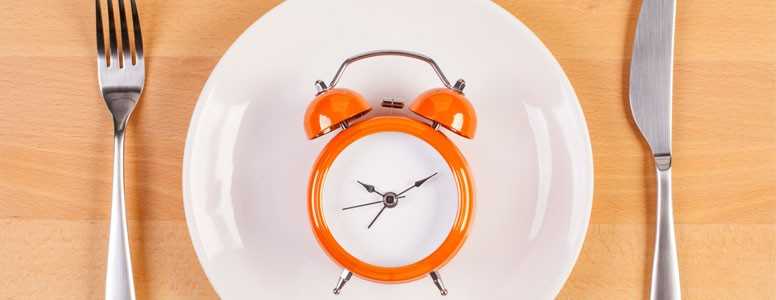Resistance exercise training (RET) such as weight lifting could help reduce the effects of anxiety, according to a research review.
RET was shown to significantly reduce anxiety regardless of whether or not participants had a mental health disorder. The effect size of these reductions was comparable to that of frontline treatments such as medication and psychotherapy.
Lead study author Brett Gordo, a physical education and sports researcher at the University of Limerick in Ireland, said: “RET is a low-cost behavior with minimal risk, and can be an effective tool to reduce anxiety for healthy and ill alike.”
Previous studies have shown RET can help prevent health complications in type 2 diabetes, and people with type 2 diabetes are also more likely than those without the condition to suffer from depression and anxiety.
In this review, which involved a team studying 922 people, none of whom had diabetes, participants were randomly assigned to either take part in a resistance training programmen, or do no exercise at all.
The results were taken from 16 published papers, with participants carrying out resistance training across 11 weeks on average two to five days a week.
The anxiety-lowering effects of RET were shown to be more pronounced in those who didn’t report any physical or psychological problems.
Gordon added: “The positive effects of exercise training on mental health are well established; however, the majority of this knowledge is based on studies involving aerobic-based training.
“Future trials should compare RET to other empirically-supported therapies for anxiety.”
However, the analysis did not account for aerobic or other types of exercise for lowering anxiety, and the results cannot show whether RET is more effective.
Past research has shown that a combination of aerobic and RET can be of greatest benefit for people with type 2 diabetes, helping to lower blood sugar levels and blood pressure.
The findings have been published in the Sports Medicine journal.
What's new on the forum? ⭐️
Get our free newsletters
Stay up to date with the latest news, research and breakthroughs.







